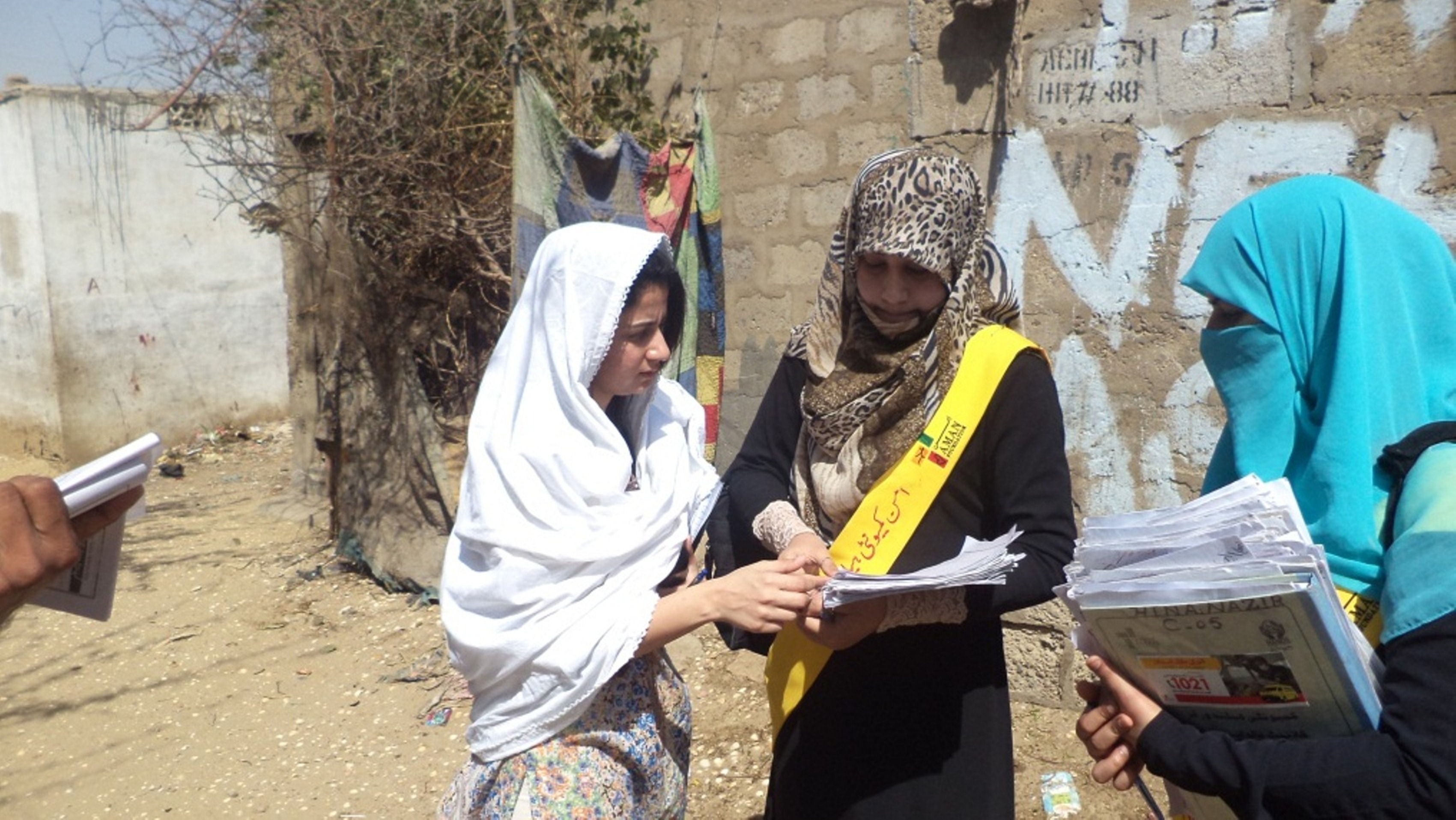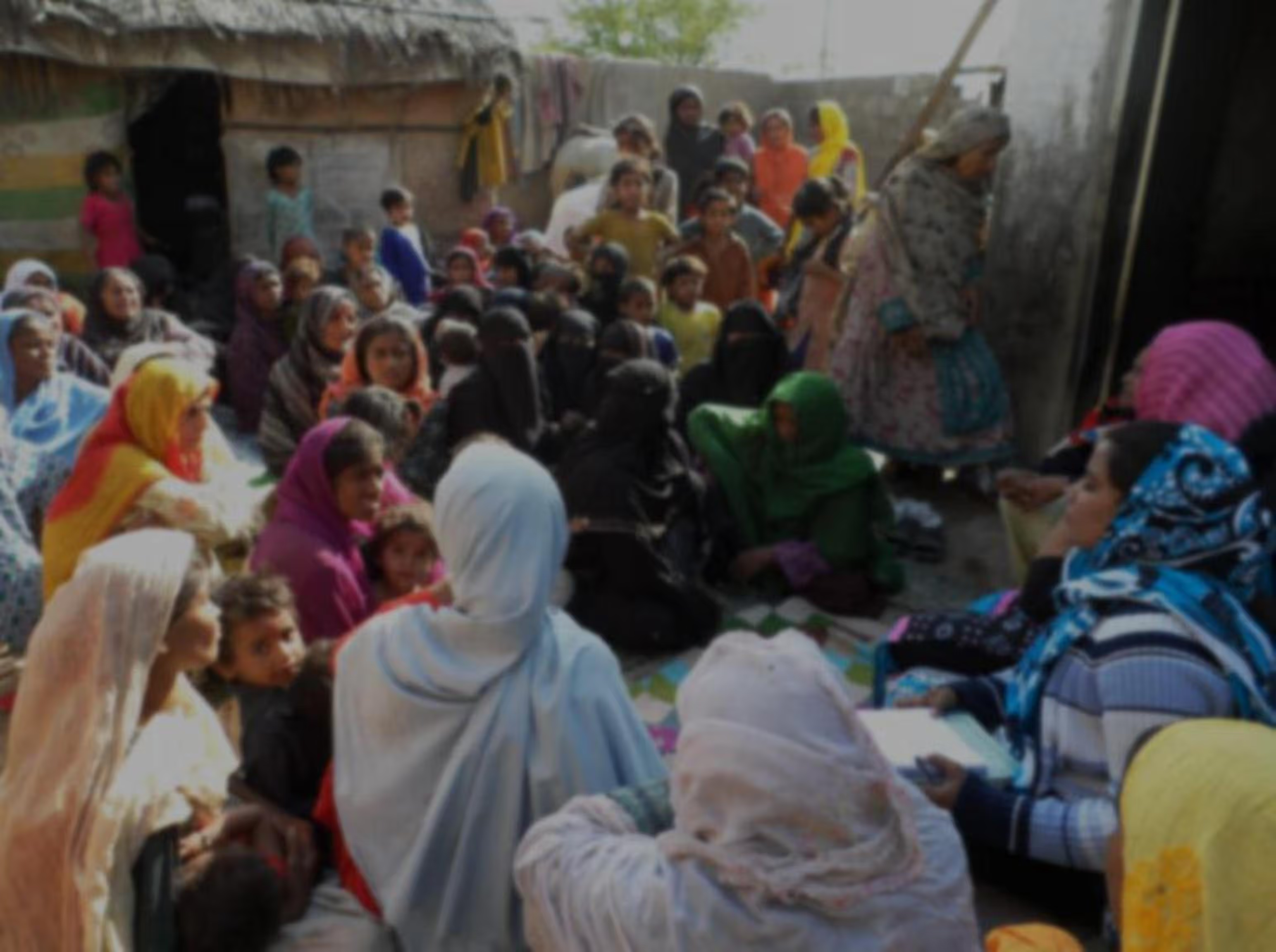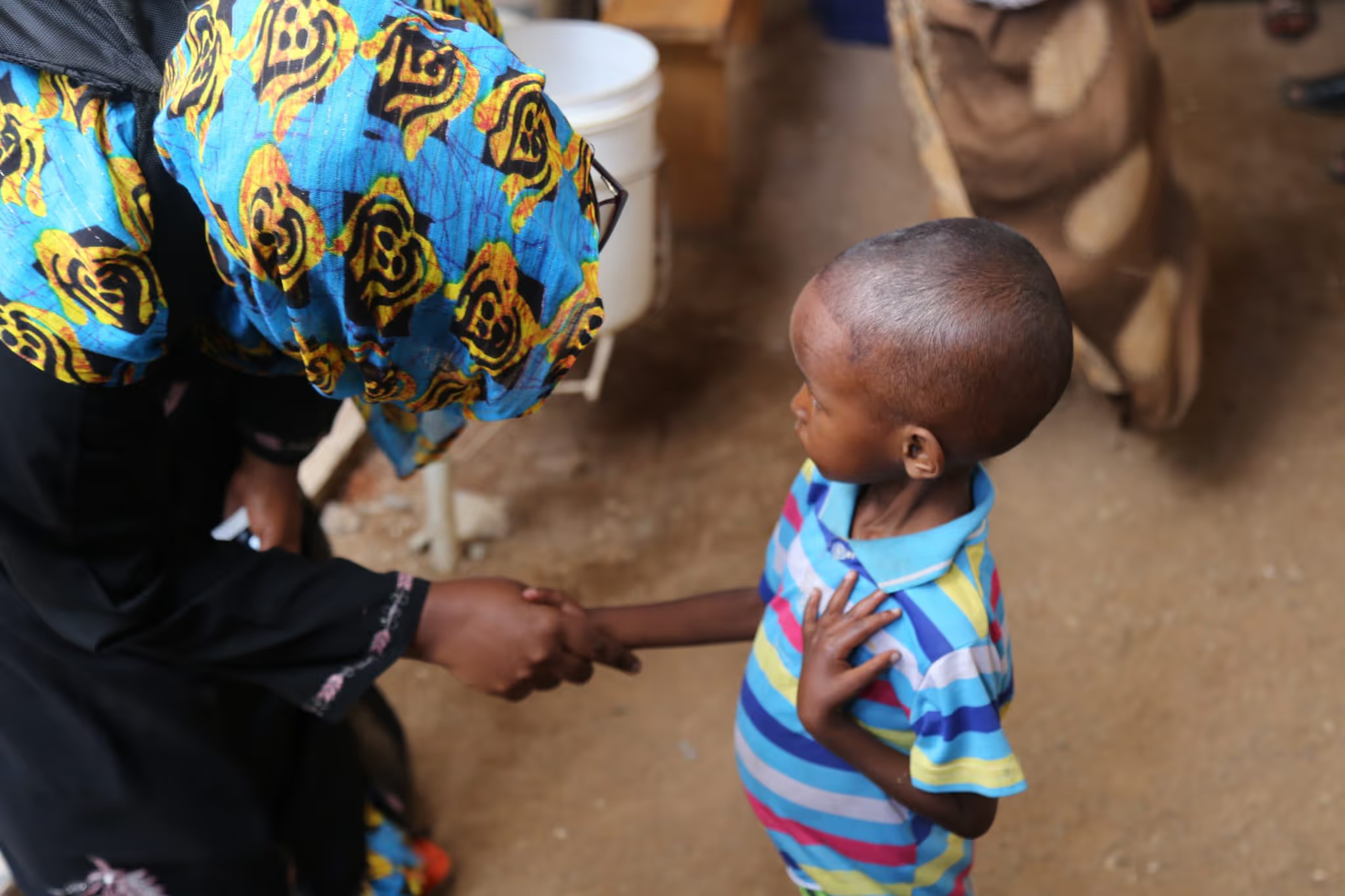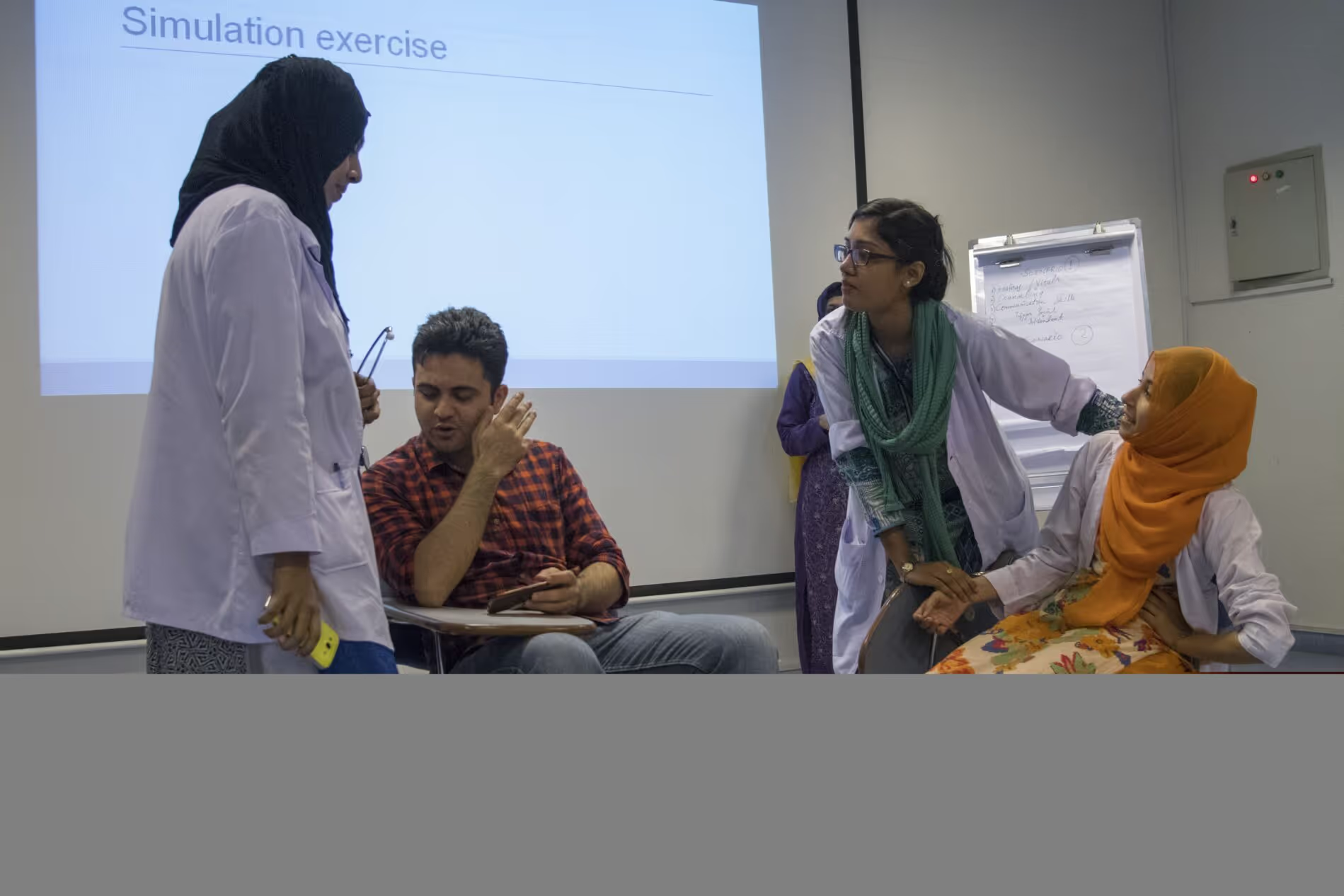HEAT (Heat Emergency Awareness and Treatment Bundle) Trial

Project overview
This study aimed to develop and test a set of interventions to reduce the impact of extreme heat on urban low-income populations.
Countries
Pakistan
Organisations
Johns Hopkins University School of Medicine
Partners
Aga Khan University, Aman Foundation
Area of funding
Humanitarian Research
Grant amount
£451,068
Start date
01
January
2016
End date
01
June
2019
Project length (in months)
41
Funding calls
Focus areas
No items found.
Topics
Disaster Risk Reduction
Climate crisis
Status
Live
Project solution
This project offers [specific solution or intervention] to tackle [challenge]. By implementing [strategies, tools, or innovations], the project aims to achieve [desired outcomes]. The approach is designed to [specific actions or methods] to bring about meaningful change in [community, region, or issue area].
Expected outcomes
This project aims to achieve [specific outcomes], such as [measurable results, improvements, or changes]. The expected impact includes [benefits to the target community, advancements in research or innovation, or long-term effects]. By the end of the project, we anticipate [specific changes or milestones] that will contribute to [broader goals or objectives].
No items found.
Principal Investigator: Junaid A. Razzak, Johns Hopkins
RESEARCH SNAPSHOT: The health risks of extreme heat
Get an overview of this research study and its findings in this research snapshot.
[.cta_link]View[.cta_link]
What did the study set out to achieve?
The purpose of this study was to develop and test a set of interventions to reduce the impact of extreme heat on urban low-income populations. There were three main objectives:
- To develop evidence based care strategies for management of people with exposure to extreme heat (EH) in both households and emergency departments in low income settings such as Pakistan;
- To implement Heat Emergency Education and Training (HEAT) bundle in Karachi and measure its impact on a composite outcome comprising of emergency department admissions, hospital admissions and all-cause mortality
- To determine the impact of HEAT implementation on the knowledge and care practices in households and emergency departments.
The study filled several critical gaps in research by carrying out the first randomised controlled trial comprised of a set of customised community- and hospital-based interventions in a low-income urban population, with inclusion of a control group of similar socio-economic status in the same city. The study also included standardised assessment for categorising causes of heat related morbidity and mortality, and attempted to control for some of the important external confounders by collecting data before the intervention was carried out. In order to align the research intervention with what could be done in real life, the study team relied on indigenous community health mobilisers and the infrastructure present in local healthcare facilities.
What were the key findings?
- The community intervention-exposed clusters had fewer heat-related outcomes (death, hospital visit and admission). The ventilation of houses was associated with fewer outcomes.
- Communities viewed engagement of community health workers and other nongovernmental organizations in a positive light and trusted the support received.
- However, changes in community knowledge, attitude and practices about heat-related illnesses showed mixed results. While knowledge and understanding were improved, this did not necessarily lead to changed behavior or care-seeking.
- Emergency physicians significantly improved their knowledge of diagnosis and management of heat-related illnesses after the intervention.
What does this mean for policymakers and practitioners?
- Educate populations in methods to protect themselves during extreme heat events, such as increasing water intake, avoiding outdoor activities during peak hours, eating light foods, taking rest in the shade, and paying attention to infants, young children, elderly and those with other illnesses.
- Strengthen and equip health care systems to manage the health impacts of extreme temperatures.
- Front line health care providers in emergency settings should consider the diagnosis of heat related illness and be aware of its management protocol when interacting with individuals who present with elevated temperatures, nausea and vomiting, unconsciousness, muscle cramping, weakness and altered mental status with positive heat exposure.
- The HEAT manual can be culturally attuned and translated to suit the needs of other regions in Pakistan as well as other low resource settings to provide physicians and nurses with the opportunity to educate themselves about heat related illnesses.
- Health care institutions and governments at various levels should work together to accelerate the development of heat management systems, given extreme temperature conditions are predicted to rise with climate change.
No items found.
Project delivery & updates
Stay up to date with the latest developments from this project. Here, you will find details on what has been delivered, resources created, and regular updates as the project progresses. Access key documents, reports, and other materials to see how the project is making an impact.
No resources/updates have been published yet for this project. Sign up for our newsletter to stay informed about upcoming publications and updates!
Join our Newsletter
Resources
No items found.
Latest updates
No items found.








